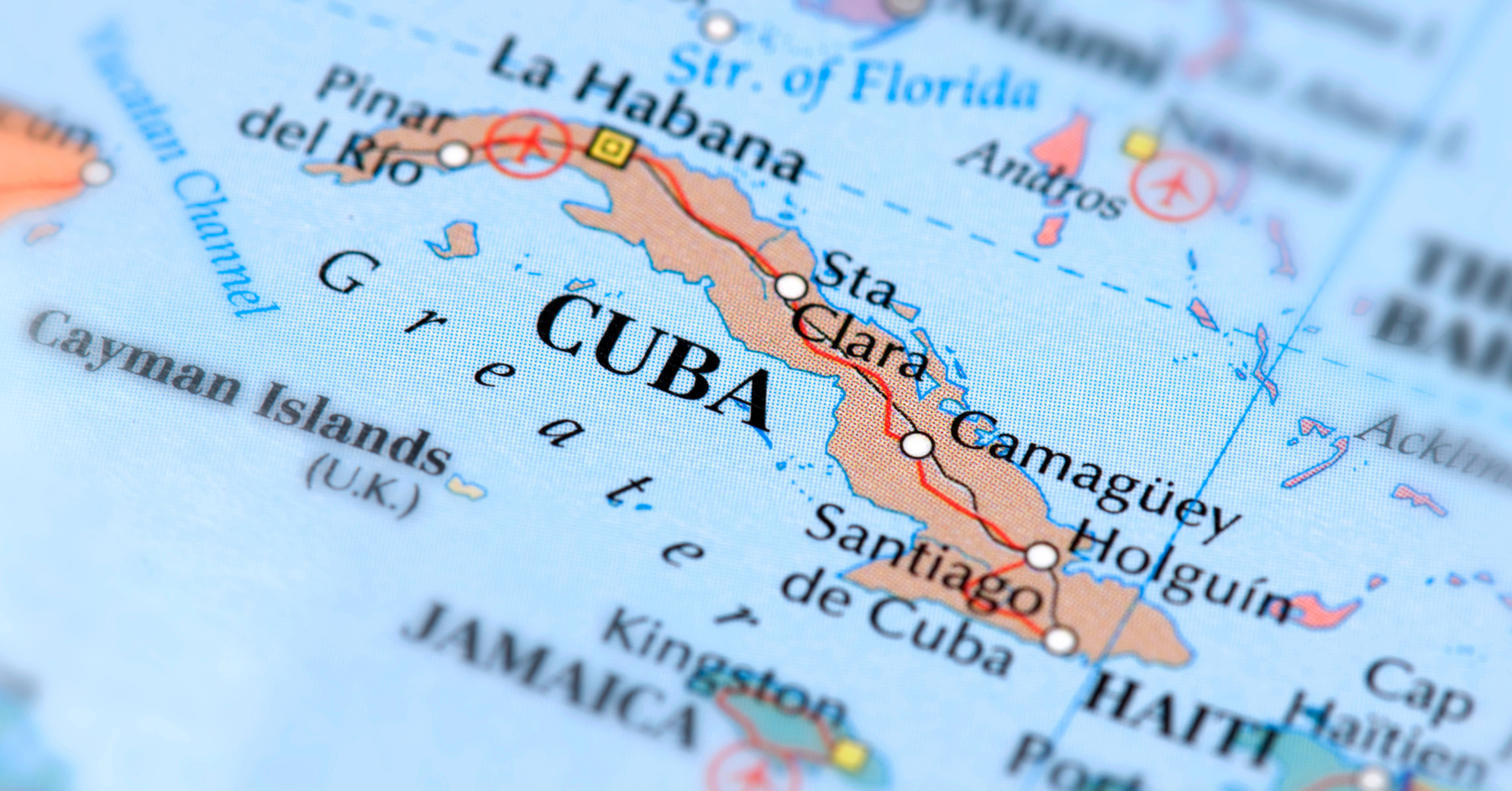Why the U.S. Embargo on Cuba Still Matters

Every year at the United Nations headquarters, a resolution condemning the so-called U.S. “blockade” against Cuba is overwhelmingly approved. Beyond the technical discussion—because it is not a blockade, but rather an economic embargo with very different legal and practical implications—the same question resurfaces: If the embargo has not toppled the regime in over sixty years, why maintain it?
As a supporter of free trade, I have often asked myself that question. However, recent events remind us why the embargo remains not only relevant but necessary.
Just a few days ago, a U.S. court ordered subsidiaries of Expedia Group to pay $29.8 million in damages to Mario Echevarría, a U.S. citizen who claims rightful ownership of property confiscated by the Cuban regime in Cayo Coco, where Expedia profited from hotel reservations.
At first glance, it seems unfair: What fault does a company headquartered in Seattle bear for crimes committed by a communist dictatorship decades ago? Directly, none.
But indirectly, by profiting from illegally confiscated properties, these companies enable and benefit from ongoing violations of property rights.
Imagine a squatter, widely known to have no legal title, renting out someone else’s house. Would a real estate agent facilitating the transaction, fully aware of the situation, not be complicit?
The court evidently thought so.
The ruling against Expedia offers hope for other victims seeking justice after decades of dispossession.
Unfortunately, Expedia is not an isolated case. Companies like Meliá Hotels International, Iberostar Hotels & Resorts, Barceló Hotel Group, NH Hotel Group, and Blue Diamond Resorts have long entered into joint ventures with Cuban state entities (official list here), profiting from an economic system built on repression and theft.
These companies are not ignorant of the Cuban regime’s practices. Through opaque labor agreements, international firms pay workers’ salaries directly to Cuban state agencies, which then pass only a tiny fraction—sometimes as little as 3%—to the workers themselves.
In short, foreign corporations are complicit in a scheme of modern slavery and systematic human rights abuse. Their investments provide the regime with desperately needed hard currency, without demanding even minimal reforms in return.
This is where the Helms-Burton Act of 1996 becomes essential. Its Title III, fully activated in 2019, allows U.S. citizens to sue companies trafficking in confiscated properties. While the legal process is arduous, rulings like the one against Expedia send a clear message: doing business with a dictatorship has consequences.
In this light, the U.S. embargo is not an outdated Cold War relic. It is a legitimate and necessary tool to deny resources to an illegitimate government that continues to violate property rights, suppress freedoms, and exploit its people for the benefit of a corrupt elite.
Lifting or weakening the embargo without securing meaningful change would not help the Cuban people—it would entrench their suffering. That is why today, more than ever, the embargo must stand.
Hernán Alberro is a Senior Fellow with VOC’s Latin America Program. All opinions are those of the author and do not necessarily represent the position or views of the institutions they represent or VOC.

